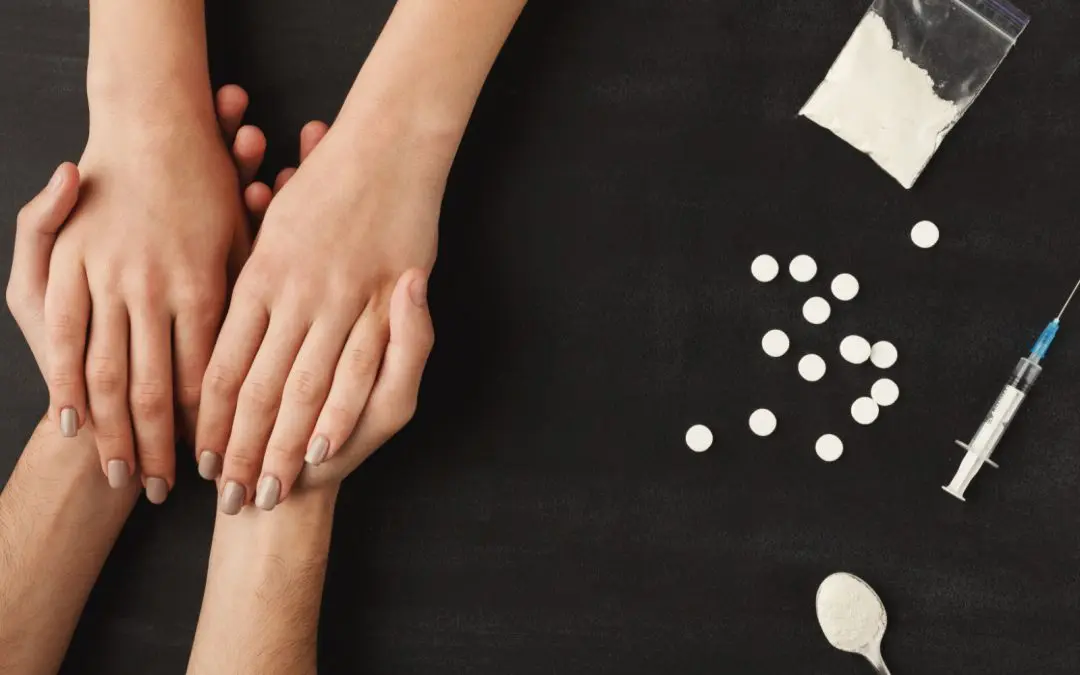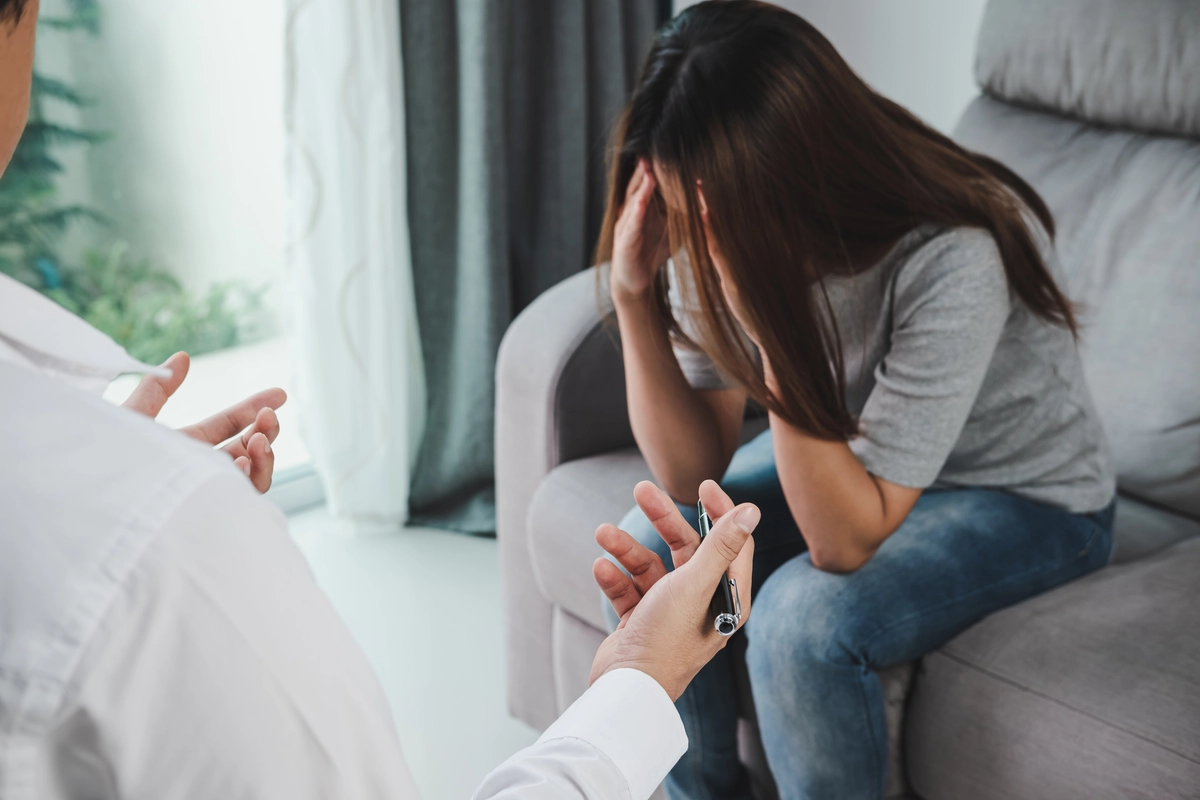24/7 Helpline:
(866) 899-111424/7 Helpline:
(866) 899-1114
Learn more about Inpatient Rehab centers in Point Pleasant
Inpatient Rehab in Other Cities

Prestera Center
Prestera Center is a private rehab located in Point Pleasant, West Virginia. Prestera Center special...

Prestera Center – Viand Street
Prestera Center - Viand Street offers inpatient treatment for individuals with alcohol and/or substa...





































Other Insurance Options

WellCare Health Plans

Multiplan

MVP Healthcare

United Health Care

Health Choice

Group Health Incorporated

Sliding scale payment assistance

Amerigroup

Medical Mutual of Ohio

Excellus

Optima

BlueShield

Health Partners

Kaiser Permanente

Magellan Health

Holman Group

Self-pay options

Horizon Healthcare Service

EmblemHealth

Providence